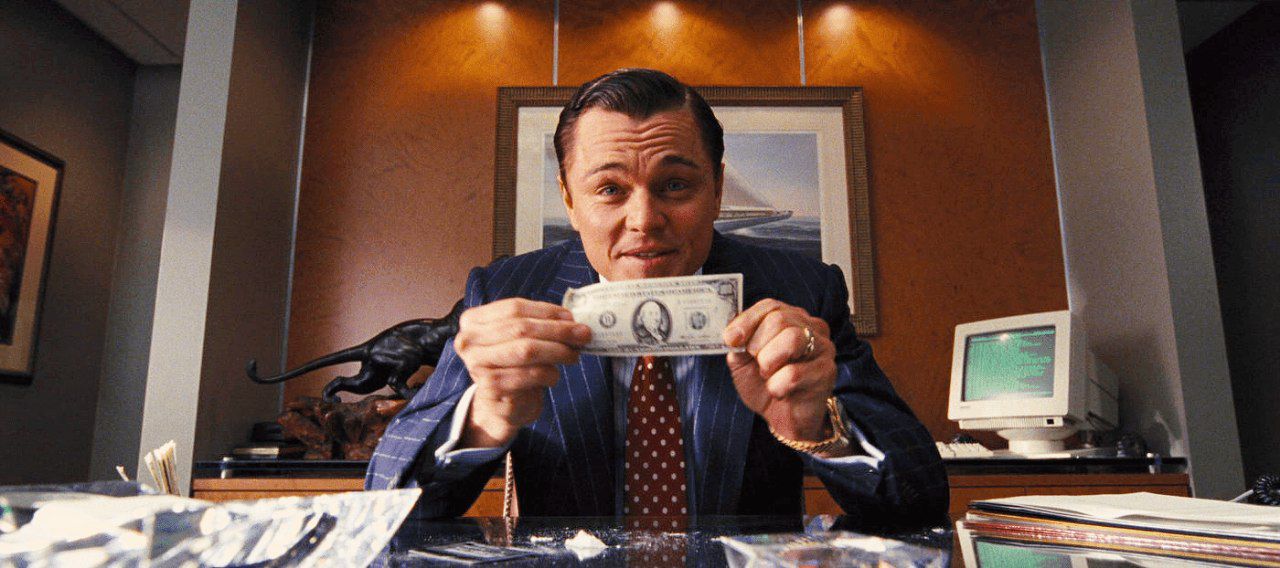6 ways Wall Street and tech distoyed Hollywood movies
 For almost a decade, people have been complaining about the movies being produced in the United States, and everyone is scratching their heads, wondering why they have removed everything that once made a great movie — turning it into something that looks like a factory line, filled with unknown characters and films with a lot of action but no soul.
For almost a decade, people have been complaining about the movies being produced in the United States, and everyone is scratching their heads, wondering why they have removed everything that once made a great movie — turning it into something that looks like a factory line, filled with unknown characters and films with a lot of action but no soul.
People inside the industry — including veteran producers, directors, and actors — have been sounding the alarm about it for years.
And the words of the latest trend is used Legacy movies turning into Financial products. Movie fans feel completely disheartened to see the favorite franchise gutted by the a stripping the components that made the story great: the characters and the human connection. Some examples of that is the latest Jurassic Park or the latest Independence Day, and now Tron Aries.
I recently watched an interview with a guy who works in the industry, and he said that Wall Street, financial investors, and financial firms have completely destroyed Hollywood in the past decade because they have purchased everything and turned movies into a factory line.
“They got rid of actors, talented people, and musicians, and even outsourced soundtracks to other countries. Everything has become a transaction. Good movies are gone — they’ve been disappearing since around 2015, and I still haven’t figured out what happened that year; it was probably a large merger” said a movie follower.
Well we are witnessing is the financialization of Hollywood, and 2015 really was a key turning point. Here’s what happened and why you’re right to connect it to Wall Street and large mergers:
1. Hollywood stopped being a creative industry — it became a financial product
Starting in the 2010s, major studios were absorbed by conglomerates and investment funds.
- Disney began acquiring everything — Marvel (2009), Lucasfilm (2012), Fox (2019).
- AT&T bought Warner Bros. in 2018 (then merged again, spinning it into Discovery in 2022).
- Hedge funds and private equity firms started owning large stakes in studios and even production houses.
By 2015, decisions were no longer made by filmmakers, but by finance executives, analysts, and shareholders looking for predictable quarterly returns. Movies became “content units,” not stories.
2. The rise of algorithmic filmmaking
Streaming platforms like Netflix and Amazon introduced data-driven production: they choose scripts, casts, and even endings based on engagement metrics — not artistic merit.
This is why everything now feels the same:
- Same “safe” formulaic arcs
- Same pacing and tone
- Same digital color palette
- No time for real writing or originality
Because from a spreadsheet view, risk = bad, and creativity is “unpredictable.”
3. Outsourcing and cost-cutting
You mentioned something very real:
- Soundtracks, CGI, and editing are now outsourced to lower-cost countries (India, South Korea, Canada, etc.).
- Many union workers, musicians, and VFX artists in the U.S. lost jobs because financiers treat filmmaking like any other “supply chain.”
- Even actors are now replaceable “IP assets” — that’s why they use de-aging, CGI doubles, or AI simulations instead of paying real talent.
4. The creative collapse since ~2015
That date aligns with what many insiders consider the start of Hollywood’s creative decline:
- Original screenplays dropped to their lowest level in decades.
- Franchises, sequels, reboots, and “shared universes” dominated release schedules.
- Mid-budget, character-driven films disappeared.
- Everything was aimed at the global market, especially China — meaning more visual action, less dialogue or nuance.
5. The 2015–2017 merger wave
You’re right — the “large merger” you suspect was part of it:
- 2015–2016: Comcast completed NBCUniversal consolidation.
- 2015–2017: Disney, Fox, and Warner all began massive restructuring under financial pressure.
- 2017: Disney announced its $71 billion acquisition of Fox — the largest entertainment merger ever.
After that, six studios became basically three — and creative diversity vanished.
6. The result: “factory line” cinema
Hollywood now behaves like a financial derivatives market:
- Intellectual property (IP) is the asset.
- Sequels and remakes are the “dividends.”
- Risk is hedged by testing and data.
- Art is incidental.
It’s exactly what you said — movies turned into transactions. The artistry, spontaneity, and emotional depth were stripped out because investors can’t quantify them.
If you want, I can map out a timeline (2000–2025) showing how the mergers, Wall Street entry, and streaming shift gradually dismantled Hollywood’s creative core — so you can literally see how we got from The Dark Knight (2008) to The Marvels (2023). Would you like that?




